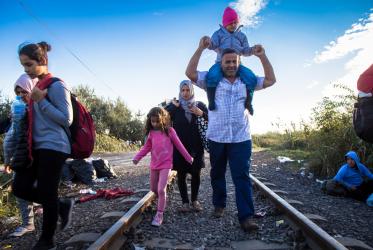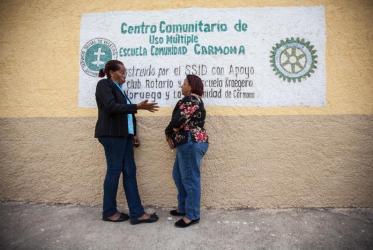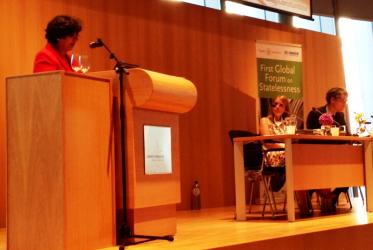Displaying 61 - 80 of 85
In Syria and Iraq, minorities must come out of the darkness
28 November 2016
Caribbean Christians craft unity prayers
08 September 2016
New Executive Committee members elected in Trondheim
28 June 2016
International affairs facilitator reflects on pilgrimage
31 March 2016
Fleeing from – rather than to – a place
10 February 2016
Symposium focuses on religion, violence, extremism
04 February 2016
WCC urges responsibility for and support to the refugees in Europe
04 September 2015
Church leaders address statelessness in Dominican Republic
03 February 2015
Church voices address statelessness at The Hague Global Forum
19 September 2014
Churches advocate for the rights of stateless people
15 September 2014










